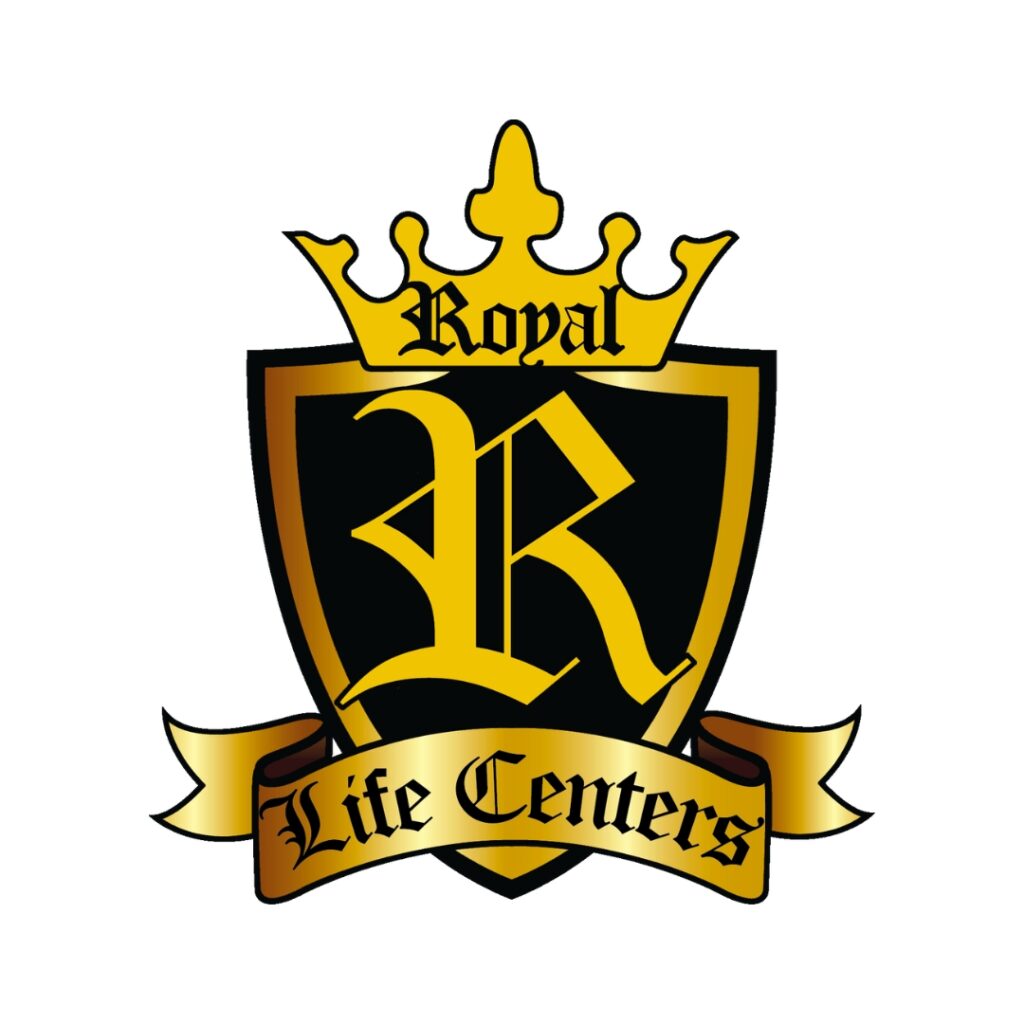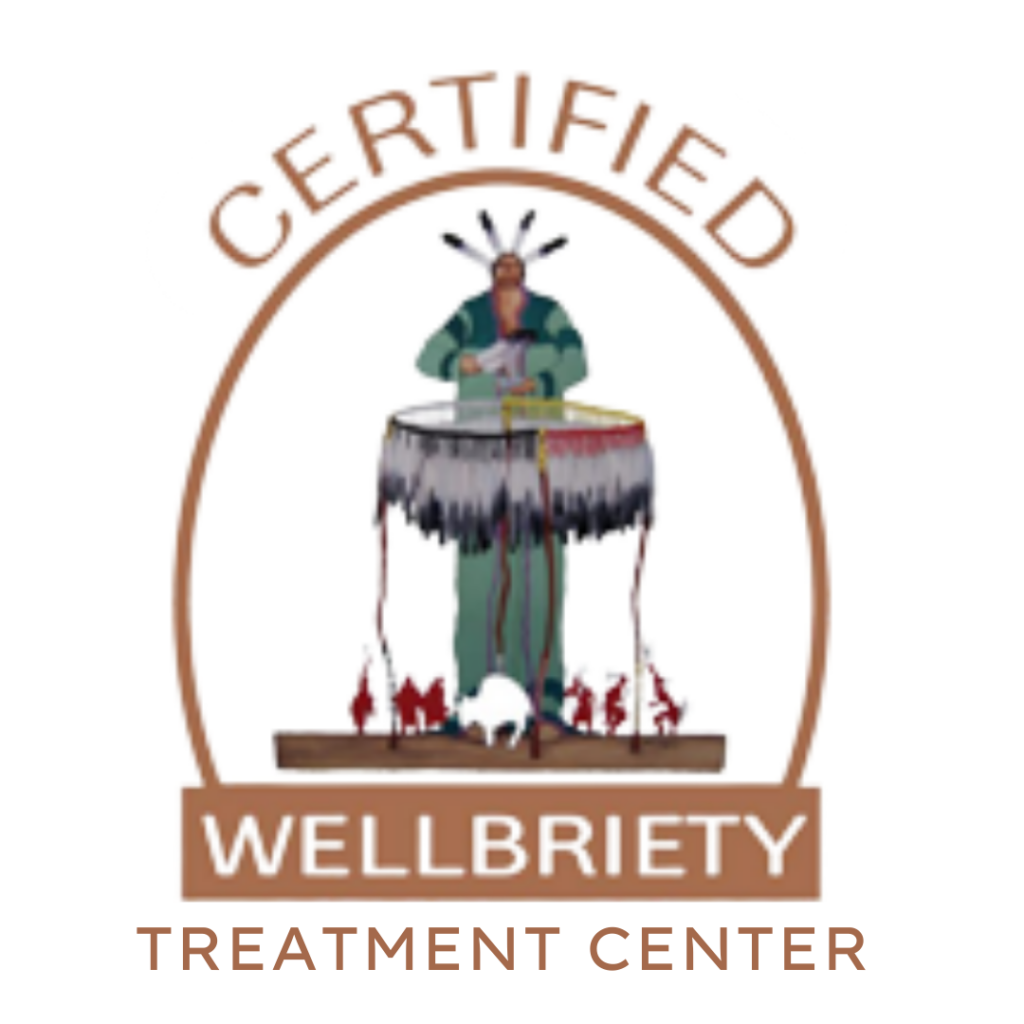Wet-brain syndrome is a serious risk for individuals who suffer from chronic alcohol abuse. If you or a loved one is struggling with alcohol addiction, it is important to seek treatment right away. Royal Life Centers at The Haven can provide the support and care you need to achieve lasting recovery.
What Is Wernicke-Korsakoff Syndrome?
Wernicke-Korsakoff syndrome is a brain disorder caused by a severe deficiency of thiamine (vitamin B1). This deficiency can damage the brain, leading to a range of symptoms. Chronic alcohol abuse is the most common cause of this condition.
This is because alcohol can interfere with the absorption of thiamine. Over time, this can cause serious brain damage. Poor diet and medical conditions that prevent adequate food intake can also lead to a thiamine deficiency.
Why Is It Called Wet Brain?
“Wet brain” is a colloquial term often used for Wernicke encephalopathy. This is the acute phase of Wernicke-Korsakoff syndrome. The name comes from the swelling of brain tissue that can occur as a result of thiamine deficiency.
This swelling can cause the brain to appear “wet” or bloated. It is important to note that this term is not used in medical terminology. Rather, it is a common way for people to refer to the condition.
The Dangers of Thiamine Deficiency
Thiamine, also known as vitamin B1, is essential for various bodily functions. This includes energy production, nerve function, and heart health. Without a sufficient supply of thiamine, the body cannot work properly.
The Two Stages of Wet Brain Syndrome
There are two main stages of wet brain syndrome: Wernicke’s encephalopathy and Korsakoff’s psychosis. Each of these stages is characterized by specific Wernicke-Korsakoff Syndrome symptoms. Understanding what these stages look like can help you or a loved one know when to seek treatment.
Wernicke’s Encephalopathy
Wernicke encephalopathy is the acute phase of wet brain syndrome. It is typically characterized by confusion, loss of coordination, and eye movement problems. The symptoms of this stage can be difficult to identify for those who are regularly under the influence of alcohol.
Talking to a medical provider can help you determine if your symptoms are a result of this condition. They can also help you determine a treatment plan to help manage your condition and give you the best chance at recovery.
Korsakoff’s Psychosis
Korsakoff’s psychosis is the chronic stage of wet brain syndrome. This often follows Wernicke encephalopathy if left untreated. Korsakoff’s psychosis typically involves several symptoms, including:
- Severe memory loss
- Difficulty learning new information
- Confabulation (making up stories to fill in gaps in memory)
Are you struggling with drug and alcohol abuse?
Royal Life Centers at The Haven is here to help you recover. Because we care.
Who Is at Risk for Wernicke-Korsakoff Syndrome?
There are several people who may be at risk of developing Wernicke-Korsakoff Syndrome. Some of these groups include:
- People with alcoholism: Chronic alcohol abuse is the most common cause of thiamine deficiency. A lack of thiamine can quickly lead to brain damage, including this memory disorder.
- Individuals with malnutrition: Poor diet or conditions that prevent adequate food intake can increase the risk of thiamine deficiency.
- People with certain medical conditions: Gastrointestinal disorders, severe infections, and kidney disease can affect thiamine absorption.
- Older adults: As people age, their risk of malnutrition and other health conditions that can lead to thiamine deficiency increases.
- People undergoing certain medical procedures: Some medical procedures can lead to wet brain syndrome. Bariatric surgery or prolonged intravenous feeding can increase the risk of thiamine deficiency.
If you are concerned about your risk for Wernicke-Korsakoff syndrome, it is important to consult with a healthcare provider. They can provide a proper evaluation and help you understand your treatment options.
Is Wet Brain Reversible?
The reversibility of Wernicke-Korsakoff syndrome depends on several factors. Some of the main contributing factors include:
- The severity of the condition: Early diagnosis and treatment can improve the chances of recovery.
- The underlying cause: If the thiamine deficiency is addressed promptly, some symptoms may be reversible.
- The duration of the deficiency: Prolonged thiamine deficiency can cause permanent brain damage.
Even with wet brain treatment, some individuals may experience lasting effects. This can include permanent memory problems, difficulty learning new information, and confusion. Because of this, it is important to seek medical attention immediately for this condition.
Long-Term Effects of Wet Brain
Long-term effects of Wernicke-Korsakoff syndrome can be significant, even with treatment. While some symptoms may improve, others may persist or worsen over time. Common long-term effects of this condition include:
- Memory problems: Difficulty remembering recent events or learning new information.
- Confabulation: Making up stories to fill in gaps in memory.
- Difficulty concentrating: Trouble focusing on tasks or conversations.
- Changes in personality: Becoming withdrawn, irritable, or anxious.
- Motor problems: Ongoing difficulties with coordination or balance.
It is important to note that these effects can vary widely from person to person. Their severity can depend on factors such as the duration of the thiamine deficiency and the extent of brain damage.
Thiamine Therapy
Thiamine therapy is the primary treatment for Wernicke-Korsakoff syndrome. Thiamine, also known as vitamin B1, is essential for the proper functioning of the nervous system. By replenishing the body’s thiamine levels, treatment can help:
- Reverse the symptoms of Wernicke encephalopathy
- Prevent further brain damage
- Improve cognitive function
In most cases, treatment for this condition will typically involve:
- Intravenous (IV) thiamine: This is often the initial treatment to quickly replenish thiamine levels.
- Oral thiamine: Once the acute phase is stabilized, clients may switch to oral thiamine supplements.
The duration of treatment depends on the severity of the condition and the client’s response. In some cases, ongoing thiamine supplementation may be necessary to prevent a relapse.
Alcohol Abuse Recovery Programs
The best treatment for wet brain syndrome is to prevent this condition from happening in the first place. An alcohol abuse recovery program like The Haven Detox can help you or a loved one overcome addiction.
Our comprehensive treatment program provides the structure and support you need to achieve long-term recovery. We work with you to build a treatment plan that caters to each of your individual care needs.
Psychotherapy
Psychotherapy is a crucial component of alcohol abuse treatment. It can help individuals understand the underlying psychological and emotional factors that contribute to their addiction. It also helps them to develop healthy coping mechanisms to prevent relapse.
CBT
Cognitive-behavioral therapy (CBT) is a highly effective treatment method for alcohol abuse. It focuses on helping individuals identify and change negative thought patterns and behaviors. These can contribute to their drinking habits.
CBT can also provide tools and strategies that are essential for maintaining sobriety. This includes teaching them how to manage cravings, cope with stress, and develop healthier coping mechanisms.
DBT
Dialectical Behavior Therapy (DBT) is a specialized form of CBT. It is particularly effective for individuals with complex emotional disorders. This includes those struggling with substance abuse. DBT focuses on helping individuals develop a range of skills to manage their emotions, thoughts, and behaviors.
How Long is Alcohol Addiction Treatment?
The length of alcohol addiction treatment can vary depending on several factors. This includes the severity of the individual’s addiction. Individuals with more severe addictions may require longer treatment.
Different programs also have varying lengths and levels of intensity. Additionally, co-occurring disorders can make treatment more complex, which may require longer treatment times. However, a strong commitment to sobriety can improve treatment length and outcomes.
Generally, alcohol addiction treatment programs can range from a few weeks to several months. It’s important to choose a program that is tailored to your individual needs. Our qualified addiction specialists can help you assess your needs and recommend appropriate treatment options.
Detox
Alcohol detox is the initial phase of recovery from alcohol addiction. It involves medically supervised withdrawal from alcohol. This helps manage the physical and psychological symptoms that can occur when the body stops receiving alcohol.
The length of detox for alcohol abuse can vary depending on the individual and the severity of the addiction. It typically lasts a few days to a week, based on how severe your withdrawal symptoms are.
Residential Treatment
Residential treatment is a comprehensive program that provides 24/7 care and support for individuals struggling with alcohol addiction. It involves living in a specialized facility where individuals receive a range of services. These might include therapy, medication, life skills training, and more.
Residential treatment programs can vary in length and intensity. Typically, though, it can last several weeks or months. The goal is to provide a safe and supportive environment where individuals can focus on recovery. Residential treatment for alcohol abuse helps people develop the tools they need to maintain sobriety.
Outpatient Treatment
Outpatient treatment allows individuals to continue living at home while receiving treatment for alcohol addiction. It involves attending regular therapy sessions, often on a weekly or bi-weekly basis. Outpatient treatment for alcohol abuse can be a good fit for those who require a more flexible approach to recovery.
Aftercare
Aftercare refers to the ongoing support that individuals receive after completing formal treatment. This is a vital component of long-term recovery for many people. Aftercare can help individuals maintain sobriety and address any lingering issues that may trigger a relapse.
The length and intensity of aftercare can vary depending on individual needs. Some individuals may require ongoing support. Others, however, may be able to gradually reduce their involvement over time.
Alcohol Abuse Treatment Near Me
If you are looking for an addiction treatment program near you, Royal Life Centers can help. Early intervention for excessive alcohol abuse is key to preventing future wet brain behavior and symptoms.
Our treatment centers are designed to provide comprehensive and individualized care for alcohol use disorders to each guest. We work with you to create a treatment plan that addresses both your addiction and its underlying causes. If you are ready to get started on the road to recovery and stop drinking heavily, we are here to help.

























